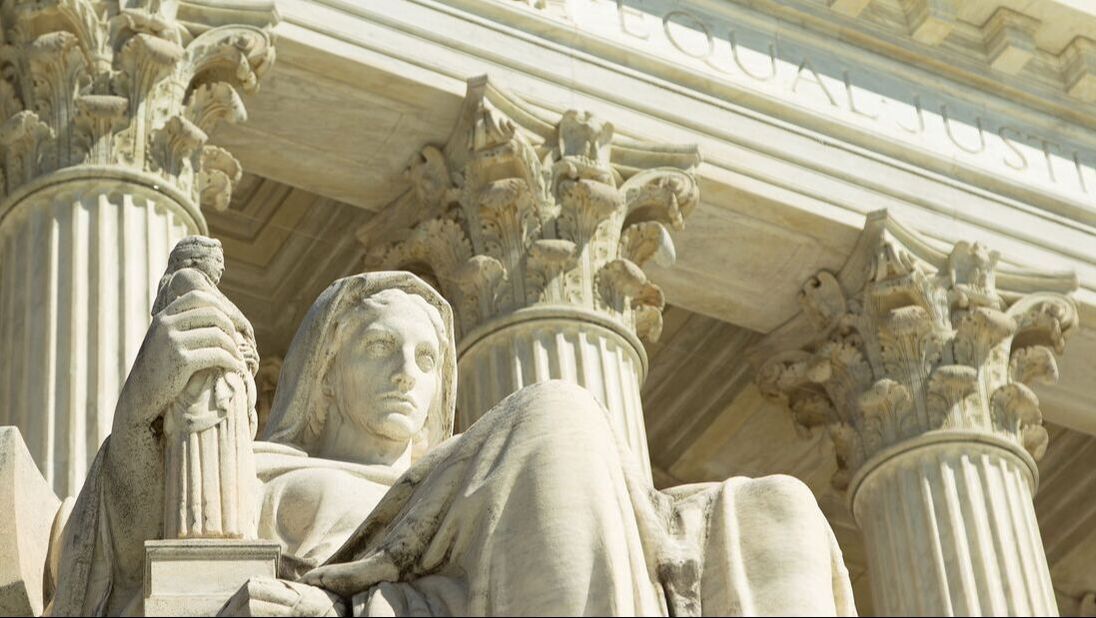|
As we wrap up the first year of Protect The 1st, this is a good time to revisit the amendment we are dedicated to guarding and extending. The desire to improve (or fiddle) with the Constitution is today shared by many groups, left and right, as well as by many judges. But what would you do if you could just rewrite it?
The Boston Globe recently commemorated the 230th anniversary of the ratification of the Bill of Rights with a special section, which “asked legal experts, advocates, journalists, and members of the next generation what changes they’d make to the Constitution if they could.” Mary Anne Franks, a former Rhodes Scholar and University of Miami law professor, argues that the First and Second Amendments are flawed because they are “highly susceptible to being read in isolation from the Constitution as a whole and from its commitments to equality and the collective good.” Further, she writes, these amendments “tend to be interpreted in aggressively individualistic ways that ignore the reality of conflict among competing rights. This in turn allows the most powerful members of society to reap the benefits of these constitutional rights at the expense of vulnerable groups.” Franks explains that perhaps Congress should enact a new First Amendment along these lines: Every person has the right to freedom of expression, association, peaceful assembly, and petition of the government for redress of grievances, consistent with the rights of others to the same and subject to responsibility for abuses. All conflicts of such rights shall be resolved in accordance with the principle of equality and dignity of all persons. Both the freedom of religion and the freedom from religion shall be respected by the government. The government may not single out any religion for interference or endorsement, nor may it force any person to accept or adhere to any religious belief or practice. The actual First Amendment simply says: Congress shall make no law respecting an establishment of religion, or prohibiting the free exercise thereof; or abridging the freedom of speech, or of the press; or the right of the people peaceably to assemble, and to petition the Government for a redress of grievances. As to Franks’ elaboration on religion, the current language achieves her goal of freedom of religion (and from religion) with an economy of words. That’s the terse, elegant power of our Constitution. The Founders’ understood that centuries of lawyering, if given sufficient verbal hooks, would be apt to erode even the most clearly enunciated rights. With similar logic, the First Amendment protects the occasional bigot, yes, but it also ensures that powerful organizations and groups cannot shut up men and women of conscience who criticize them. The First Amendment as it is also defends speakers against being prosecuted for violating vague values like someone’s “dignity,” a qualifier that Franks would balance against your right to speak. Who gets to decide what erodes whose dignity? Agree with Franks’ rewrite, and you’re well on your way to arresting the likes of Lenny Bruce and Robin Williams, if not Mark Twain. Finally, why did she excise freedom of the press? Perhaps Franks did this because, in an era of blogging, we’re all part of the media now. Protect The 1st holds to the notion that having a specific, designated recognition of the press is essential to protecting the right to investigate, criticize and humble the powerful. It is the First Amendment’s focused, economy of words that prompted British Prime Minister William Ewart Gladstone to describe the U.S. Constitution – still the oldest written constitution in effect today – as “the most wonderful work every struck off at a given time by the brain and purpose of man.” These are forty-five words for all seasons and all ages. Comments are closed.
|
Archives
June 2024
Categories
All
|
ABOUT |
ISSUES |
TAKE ACTION |



 RSS Feed
RSS Feed